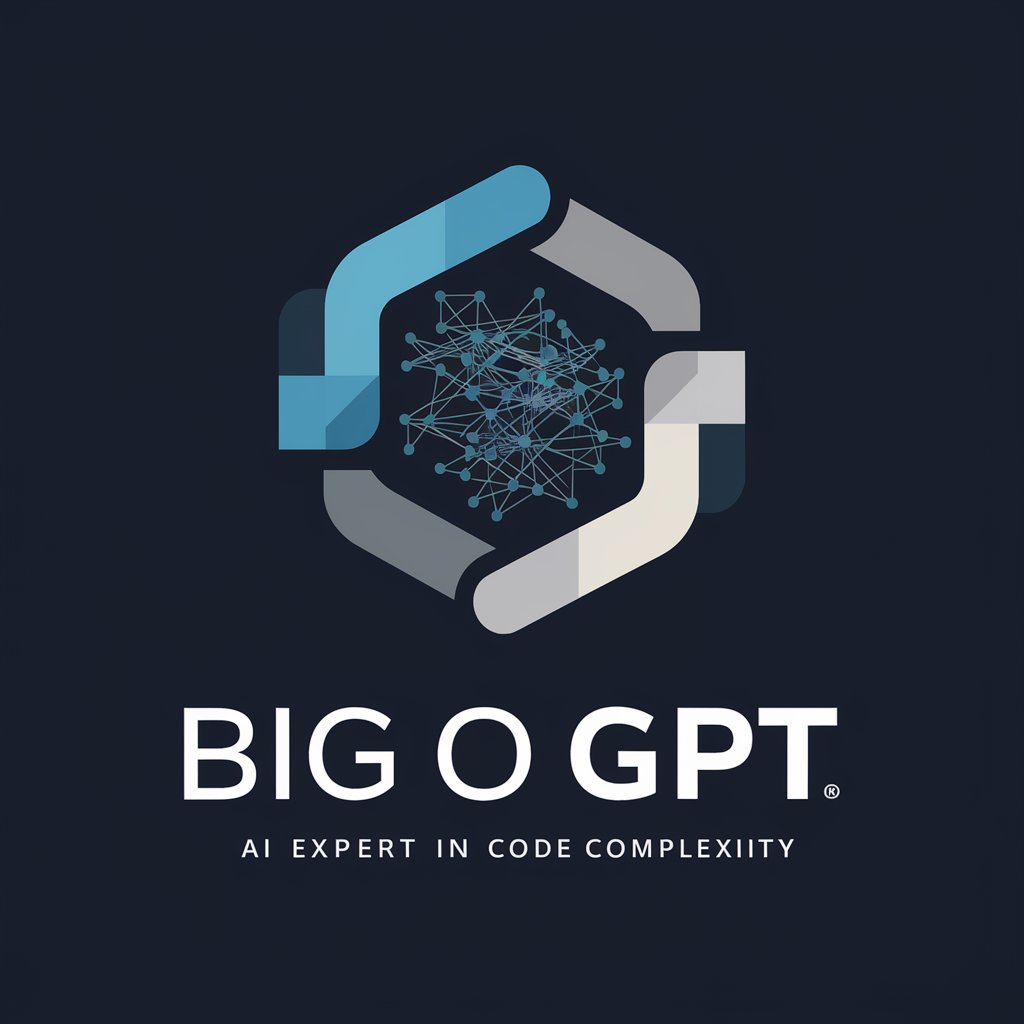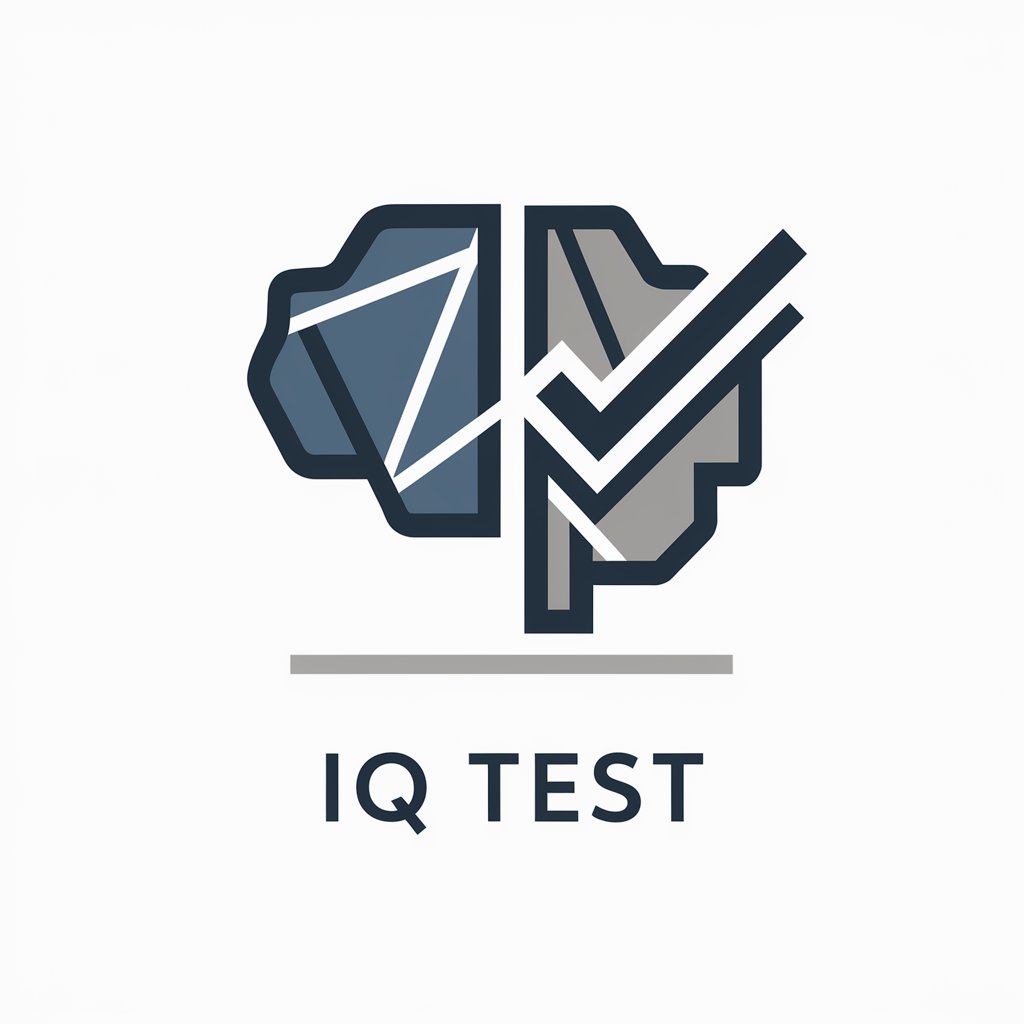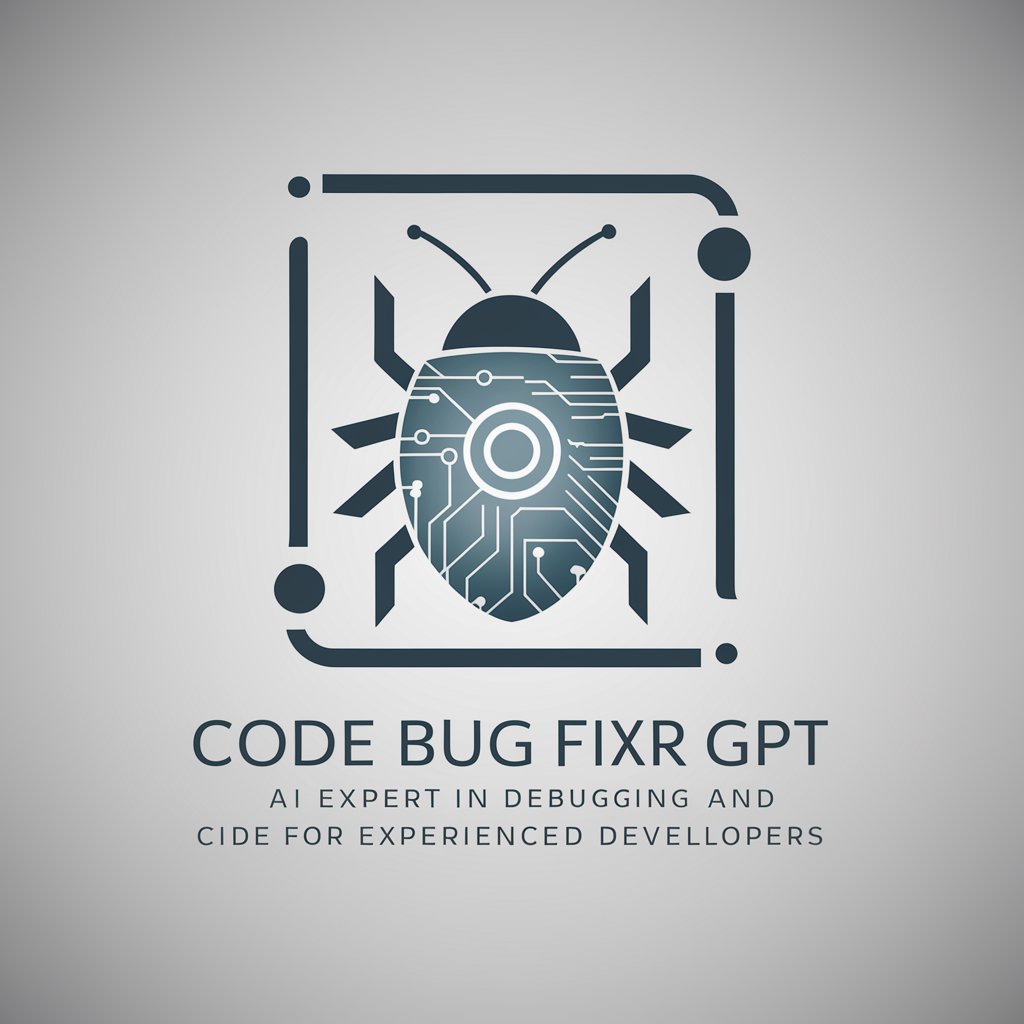Code Complexity GPT - Code Complexity Analysis

Welcome to Big O GPT, your code complexity analysis expert.
Deciphering Code Complexity with AI
Analyze the time complexity of the following code snippet:
Determine the memory complexity for this function:
Evaluate the Big O notation for the given algorithm:
Provide a detailed complexity analysis for the following program:
Get Embed Code
Introduction to Code Complexity GPT
Code Complexity GPT is a specialized AI tool designed for analyzing the complexity of given code snippets. Its primary function is to calculate and explain the time and memory complexity of algorithms within the code. This involves a detailed assessment of how the execution time and space requirements of an algorithm may scale with the size of its input data. The purpose behind its design is to assist developers, students, and researchers in understanding and optimizing their code for better efficiency and performance. For instance, when presented with a sorting algorithm, Code Complexity GPT can analyze its structure to determine whether its time complexity is O(n^2), typical of a simple bubble sort, or O(n log n), characteristic of more efficient algorithms like quicksort or mergesort. It provides insights into how changes in the input size affect the algorithm's execution time and memory usage, helping users make informed decisions about which algorithms to use under different circumstances. Powered by ChatGPT-4o。

Main Functions of Code Complexity GPT
Time Complexity Analysis
Example
Analyzing a binary search algorithm to determine its time complexity of O(log n).
Scenario
A developer is optimizing a search feature in a large dataset and needs to select the most efficient search algorithm.
Memory Complexity Analysis
Example
Evaluating an in-place quicksort algorithm to confirm its space complexity of O(log n).
Scenario
A student working on a memory-constrained embedded system needs to choose a sorting algorithm that minimizes memory usage.
Optimization Suggestions
Example
Suggesting improvements to a bubble sort algorithm by recommending a switch to merge sort for better average and worst-case performance.
Scenario
A researcher is comparing sorting algorithms for a paper on algorithmic efficiency and seeks advice on optimizing their implementation.
Ideal Users of Code Complexity GPT Services
Software Developers
Developers often need to optimize code for performance and efficiency. Understanding the complexity of different algorithms allows them to make informed decisions about which ones to implement in various situations.
Computer Science Students
Students studying algorithms and data structures can use Code Complexity GPT to gain a deeper understanding of the theoretical and practical aspects of algorithm complexity, helping them in their academic and project work.
Research Scientists
Researchers working in fields that involve computational methods can use this tool to analyze and optimize the algorithms they use in simulations, data analysis, and other research activities, ensuring maximum efficiency.

How to Use Code Complexity GPT
Start with a Trial
Initiate your journey by accessing a free trial at yeschat.ai, where no login or ChatGPT Plus subscription is required.
Prepare Your Code
Ensure your code is ready for analysis. This includes having a clear understanding of the programming language used and any specific algorithms or data structures implemented.
Define Your Query
Clearly articulate your question or the aspect of code complexity you're interested in. This could range from overall time complexity to more specific memory usage inquiries.
Submit Your Code
Enter your code snippet into the provided input field. For best results, include comments or notes about any particular areas of concern or interest.
Analyze the Results
Review the detailed analysis provided, including the time and memory complexity. Use this feedback to refine your code or enhance your understanding of computational efficiency.
Try other advanced and practical GPTs
The Laughing Parrot
Crafting Laughter with AI
Captions
Elevate Your Posts with AI-Powered Captions

MovieMate
Tailored Picks for Movie Lovers, Powered by AI

PDF Ninja
Unlock PDF Potential with AI Precision

IQ Test
Elevate your intellect with AI

I say no for you
Polite Declines, Powered by AI

MediQuery
Empowering Health Decisions with AI Insight

Code Bug Fixer GPT
Instant AI-Powered Code Fixes

Prompt Polisher
Polish Your Prompts with AI Precision

Formulation Assistant
Empowering product innovation with AI-driven insights.

The Introvert's Guide to the World
Empowering Introverts with AI-Powered Social Guidance

Feminist Insight
Empower Communication with AI-Driven Feminist Insights

Frequently Asked Questions about Code Complexity GPT
What programming languages does Code Complexity GPT support?
Code Complexity GPT is designed to analyze a wide range of programming languages, including but not limited to Python, Java, C++, and JavaScript. The tool focuses on understanding algorithmic complexity regardless of language syntax.
Can it analyze any type of algorithm?
Yes, Code Complexity GPT is capable of analyzing a variety of algorithms, from simple sorting algorithms to complex data structure manipulations. The tool evaluates both time and memory complexity based on the algorithm's structure and operation.
How does Code Complexity GPT determine time complexity?
The tool examines the code to identify loops, recursive calls, and other operations that contribute to the overall execution time. It then applies computational complexity theory to estimate the time complexity, often in terms of Big O notation.
Is prior knowledge in complexity theory required to use this tool?
No prior knowledge in complexity theory is required. Code Complexity GPT is designed to be accessible to users at all levels of expertise, providing clear explanations and insights into the code's computational efficiency.
Can Code Complexity GPT suggest optimizations?
While Code Complexity GPT primarily focuses on analyzing and explaining the current complexity of code, it may provide insights or suggestions on potential areas for optimization based on the identified complexity issues.
